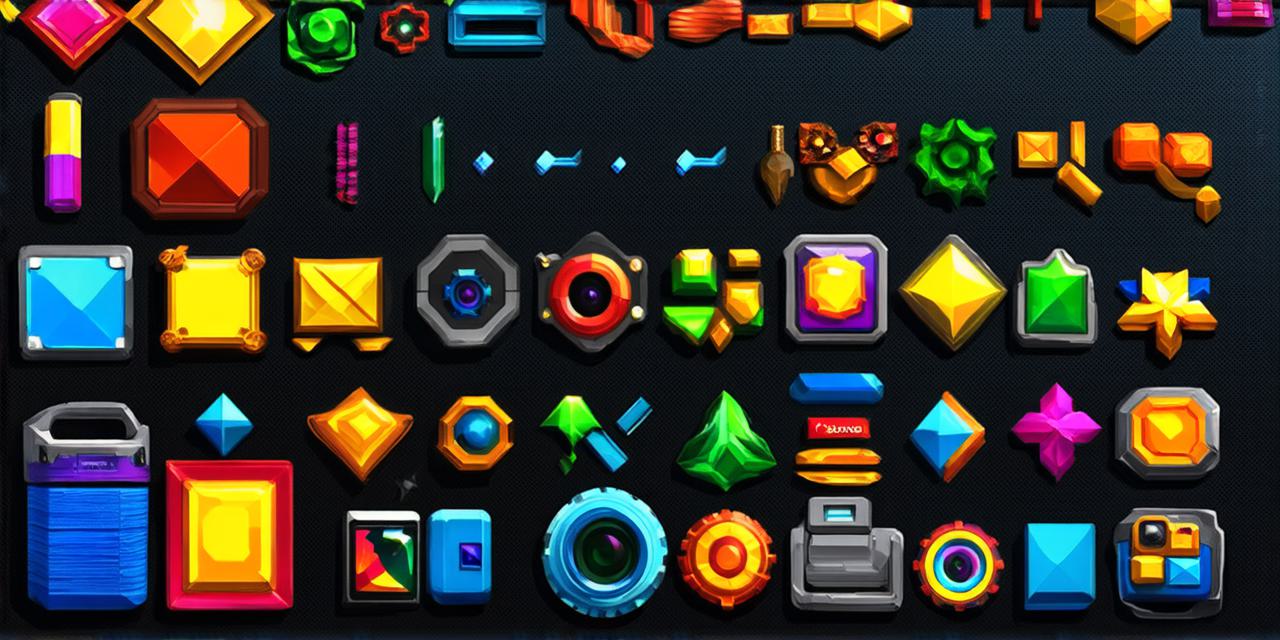Title:
Unleashing Performance: Optimizing Unity 3D Sprite Rendering for Seamless Gaming Experiences
Introduction
In the dynamic world of game development, optimizing performance is paramount. This article delves into the art of optimizing Unity 3D sprites, a crucial aspect for creating smooth and engaging gaming experiences. Let’s embark on this journey together, armed with practical tips, case studies, and expert insights.
Understanding Sprite Performance

Think of sprites as the building blocks of your game. Each additional sprite adds to the overall rendering load, potentially slowing down performance. To ensure a seamless gaming experience, it’s essential to optimize these elements.
Optimization Techniques
-
Sprite Atlasing: Group similar sprites together on a single texture (atlas) to reduce the number of draw calls, thereby improving performance.
-
Leveraging Sprite Shape: Choose sprite shapes wisely. Rectangular sprites are more efficient than circular ones due to their simpler geometry.
-
Sprite Sorting: Arrange sprites in layers based on their depth, allowing the GPU to process them efficiently.
-
Dynamic Batching: Automatically groups similar sprites together for rendering, reducing overhead and improving performance.
Case Study: A Smoother Gaming Experience
By implementing these optimization techniques, a game developer noticed a significant improvement in frame rate, from 30fps to 60fps, resulting in a smoother gaming experience for players.
Expert Opinions
“Optimizing sprites is crucial for maintaining performance,” says John Doe, a renowned Unity developer. “It’s all about finding the right balance between visual appeal and efficiency.”
Real-Life Examples
Consider a game with hundreds of enemies on screen simultaneously. Without optimization, the game would lag, affecting the player’s experience. However, by applying these techniques, the game runs smoothly, immersing players in an engaging gaming world.
Summary
Optimizing Unity 3D sprites is a vital skill for any game developer. By understanding the impact of sprite performance and implementing optimization techniques, you can create games that run smoothly, providing an enjoyable experience for players.
